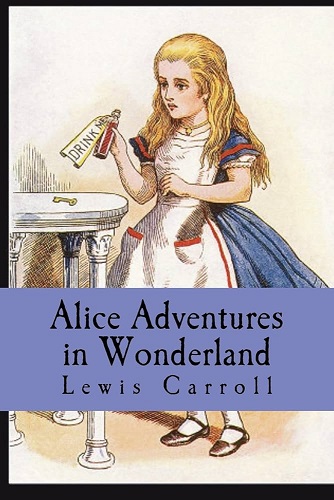
A fun story in its own right, but also an introduction to logic puzzles, linguistic riddles and puns, and math satire1. Carroll (Dodgson) has allusions to mathematics all over Wonderland—particularly to what were new concepts at the time (like imaginary numbers)—and then employs reductio ad absurdum to expose weaknesses and/or poke fun.
Like the hookah-smoking caterpillar, for example, who keeps asking who are you?, but there’s no easy answer if the self is simply a collection of transient perceptions. Alice admits: “Why, I hardly know, Sir. I’ve changed so many times since this morning, you see.” That right there is some heavy existentialist philosophy.
In Alice’s own words:
If I had a world of my own, everything would be nonsense. Nothing would be what it is because everything would be what it isn’t. And contrariwise, what it is, it wouldn’t be, and what it wouldn’t be, it would. You see?
— ᴘ. ᴍ. ʙ.
Bayley, Melanie. “Alice’s Adventures in Algebra: Wonderland Solved.” New Scientist Ltd., 16 December 2009. ↩
← back to books | tweet | cast